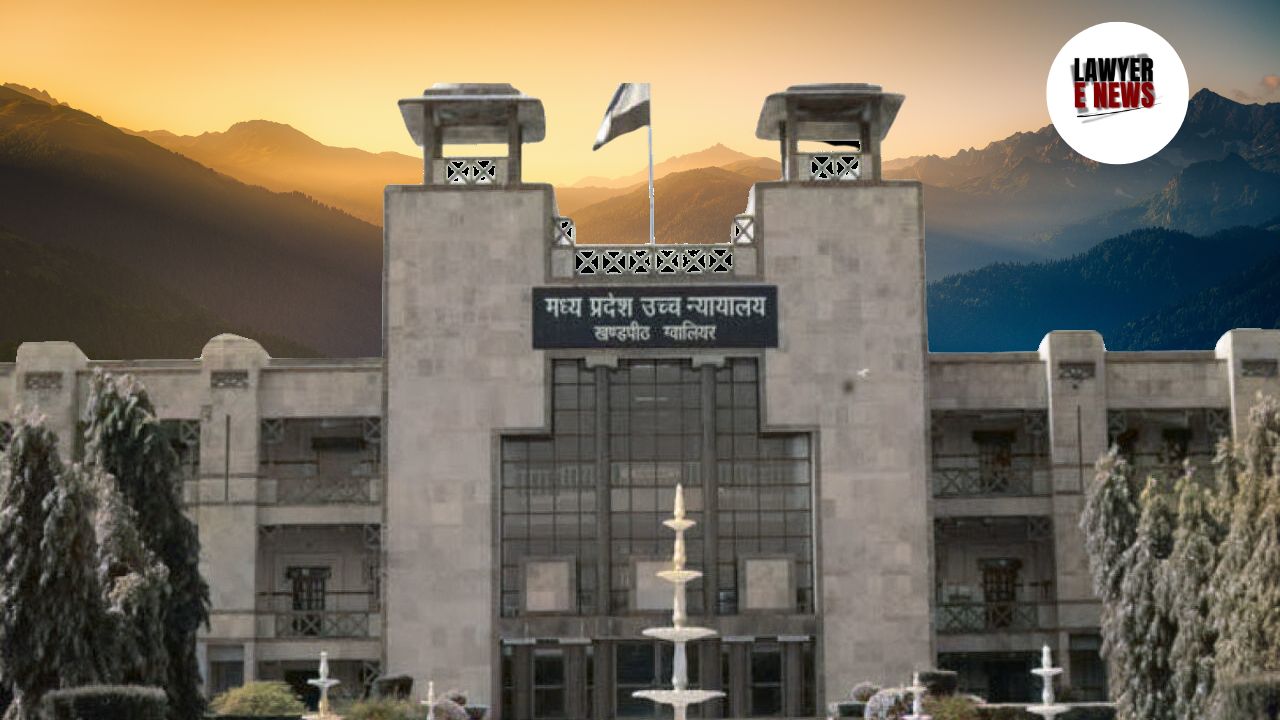-
by sayum
14 February 2026 2:22 PM



“The accused persons do not have a say in the matter of appointment of investigating agency... or the manner of investigation” - Madhya Pradesh High Court delivered a crucial ruling reaffirming the long-settled principle that accused persons have no right to interfere in the course or mode of criminal investigations. The Court, presided over by Justice G.S. Ahluwalia, rejected the applicant’s plea under Section 482 of the CrPC and Section 528 of the Bharatiya Nyaya Sanhita, 2023, which sought a direction for a "free and fair investigation".
The High Court categorically held that neither a suspect nor an accused is entitled to demand an investigation in a particular manner or by an agency of their choice.
Can an Accused Seek Court Directions on How Investigation Should Be Conducted?
The applicant had approached the Court claiming bias in the ongoing investigation and sought a judicial direction for a fair probe. The key legal question before the Court was: “Whether a suspect has a right of pre-audience or a right to seek direction for the investigation to be conducted in a particular manner?”
Answering this in the negative, the Court declared that the question is “no more res integra,” drawing upon a line of authoritative precedents from the Supreme Court.
“Accused Has No Say in Appointment of Investigating Agency”
Quoting extensively from Romila Thapar v. Union of India (2018) 10 SCC 753, the Court reaffirmed: “It is trite law that the accused persons do not have a say in the matter of appointment of investigating agency. The accused persons cannot choose as to which investigating agency must investigate the alleged offence committed by them.”
The High Court reiterated the Supreme Court’s position that such powers are exercised only under exceptional circumstances, and not at the behest of the accused.
Supervision vs Monitoring – Courts Should Not Cross the Line
Referring to the judgment in Manohar Lal Sharma v. Principal Secretary (2014) 2 SCC 532, the Court explained the distinction between monitoring and supervising an investigation: “To supervise would mean to observe and direct the execution of a task whereas to monitor would only mean to maintain surveillance... Supervision of investigation by any court is a contradiction in terms.”
The Court clarified that it cannot interfere or control how the investigation is conducted, nor can it decide which agency should carry it forward unless extraordinary facts exist to show bias, mala fides, or violation of fundamental rights.
“Rule of Audi Alteram Partem Does Not Apply at the Stage of Investigation”
Citing W.N. Chadha and Dinubhai Boghabhai Solanki v. State of Gujarat (2014) 4 SCC 626, the Court reiterated that the accused does not have the right to participate in or influence investigative procedures: “The accused has no right with reference to the manner of investigation or mode of prosecution.”
The Court emphasized that procedural fairness to the accused begins only at trial stage, not while the investigation is ongoing.
Court Denies Relief – Affirms Investigative Independence
Concluding that no grounds existed for judicial interference, the Court observed: “Considering the totality of the facts and circumstances of the case, this Court is of considered opinion that no case is made out warranting interference.”
Accordingly, the application was dismissed.
Date of Decision: 24 March 2025
